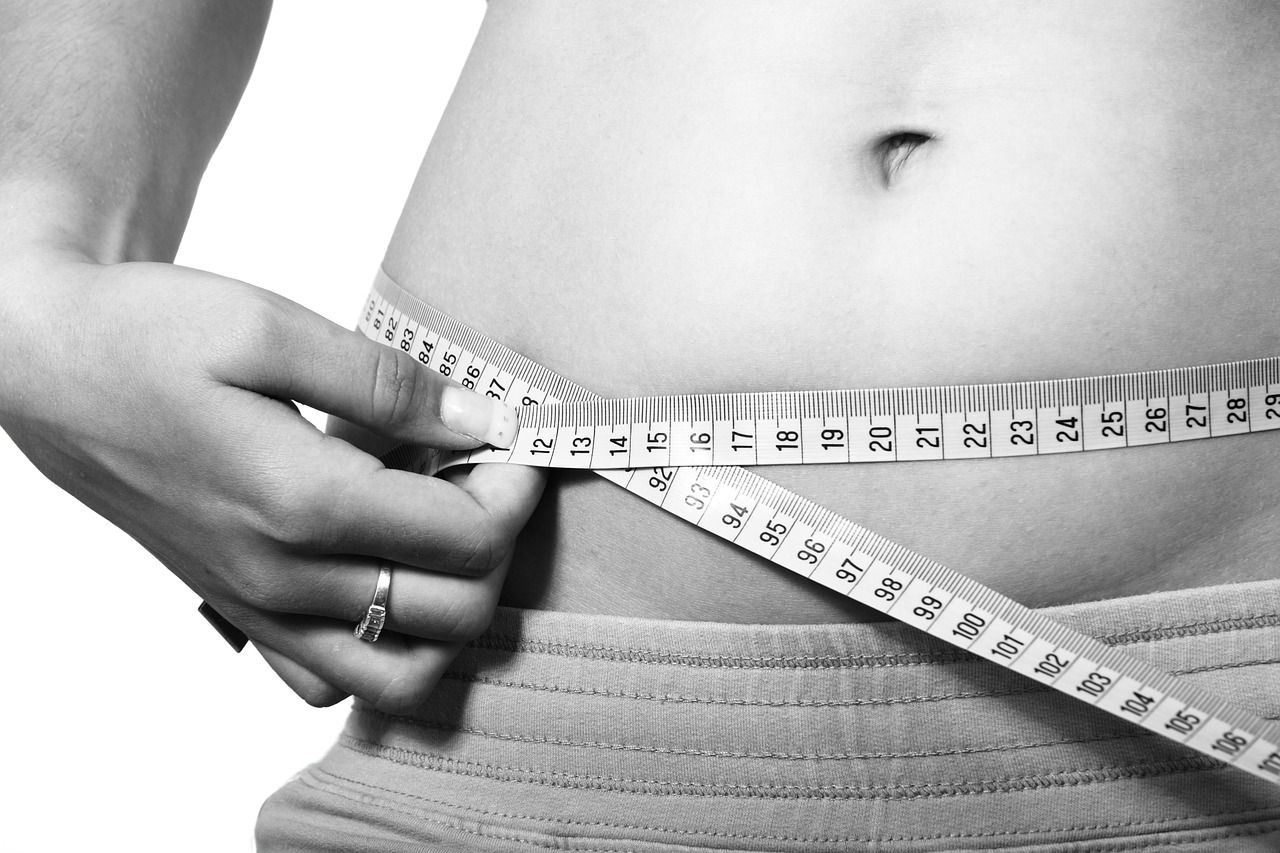Does nutrition have a greater impact on impact on bone mass than exercise?
A recent study has found that nutrition may have a greater effect on bone mass than exercise. The researchers from the US found that nutritional benefits extend even after the exercise training stopped.The findings could spell great implications for people as they get older or more frail, where exercise can be more difficult. The study Nutrition trumps exercise in strengthening bone discovered greater tibial cortical bone mineral content (BMC) and area in the tibia along with bone mineral density (vBMD) in subjects fed a supplemented diet containing 5% Ca and 1% P.
Greater success of weight loss with higher-level brain functions
Alain Dagher, of the Montreal Neurological Institute and Hospital in Canada, was one of the researchers on a project where the findings have suggested that higher-level brain functions have a significant role in losing weight.
The study Weight loss success linked with active self-control regions of the brain published in Science Daily, found that, among 24 participants, those with more activity in the brain regions of the lateral prefrontal cortex associated with self-control were more successful at losing weight compared to those with less activity in that area of the brain.
Of the findings Dagher said, “These results suggest that weight loss treatments that increase self-control, such as cognitive behavioral therapy, may be helpful” in addition to a balanced, healthy diet.
Further research on the link between gut bacteria and exercise
The link between gut bacteria and exercise has been further explored by Finnish researchers who found that, after a six-week period of exercise, there was a decrease in microbes linked to inflammation coupled with an increase in bacteria linked to improved metabolism.The study Researchers reaffirm the enduring relationship between gut and exercise was carried out at the University of Jyväskylä and observed an increase in Akkermansia and a decrease in Proteobacteria. Speaking of the study, co-author Satu Pekkala said, “These changes are beneficial for cardiometabolic health because VLDL transports lipids from the liver to peripheral tissues, converts into ‘bad’ LDL cholesterol in the circulation, and thus has detrimental cardiovascular effects.”
Share your thoughts
Let us know what you think of these latest studies on our Facebook and Twitter pages. Alison is Director and Founder of Metabolics who writes about Metabolics updates, events and natural healthcare. Her experience and passion for natural supplements and healthcare comes from her years of experience as a practising osteopath, having founded Metabolics in her search for high quality, natural products in her own work. Alison has been a qualified and practising Osteopath since 1981 and regularly gives seminars on a range of healthcare subjects to the wider practitioner community helping share her knowledge and experience.
Alison is Director and Founder of Metabolics who writes about Metabolics updates, events and natural healthcare. Her experience and passion for natural supplements and healthcare comes from her years of experience as a practising osteopath, having founded Metabolics in her search for high quality, natural products in her own work. Alison has been a qualified and practising Osteopath since 1981 and regularly gives seminars on a range of healthcare subjects to the wider practitioner community helping share her knowledge and experience.




